Pregnancy and having a baby are some of the most significant changes a woman’s body goes through. With Mother’s Day today and the Village Roadshow Theme Parks Gold Coast Marathon not far off, mothers who run are front of mind.
Southern Cross University lecturer, osteopath and ultra–marathon runner Bimbi Gray says it’s important to check in with your healthcare practitioner about any marathon training while pregnant.
Make sure that you’re not pushing yourself too hard. Check in with your GP to make sure there are no complications that could be aggravated from intense or cardiovascular exercise. It can also help to see a registered exercise physiologist, osteopath or a physiotherapist to get a specific management plan. It’s really important to have that professional support.
“That being said, I think if the woman is a runner and has been running lots prior to pregnancy, it’s completely safe to run during pregnancy. But it’s about managing load and making sure that it’s within the physical limits of that person. It’s not unsafe, but the load does need a bit of modification, particularly as the pregnancy progresses,” she said.
Bimbi, who had twins herself, said she scaled back her running during pregnancy to light exercise in the first trimester and then concentrated on walking, swimming, pilates and yoga as her pregnancy progressed.
Marathon runner and Southern Cross University midwifery student Heidi Patenaude also advocates for professional assessment before going too hard while pregnant and said the resumption of training after having a baby can likewise benefit from professional advice.




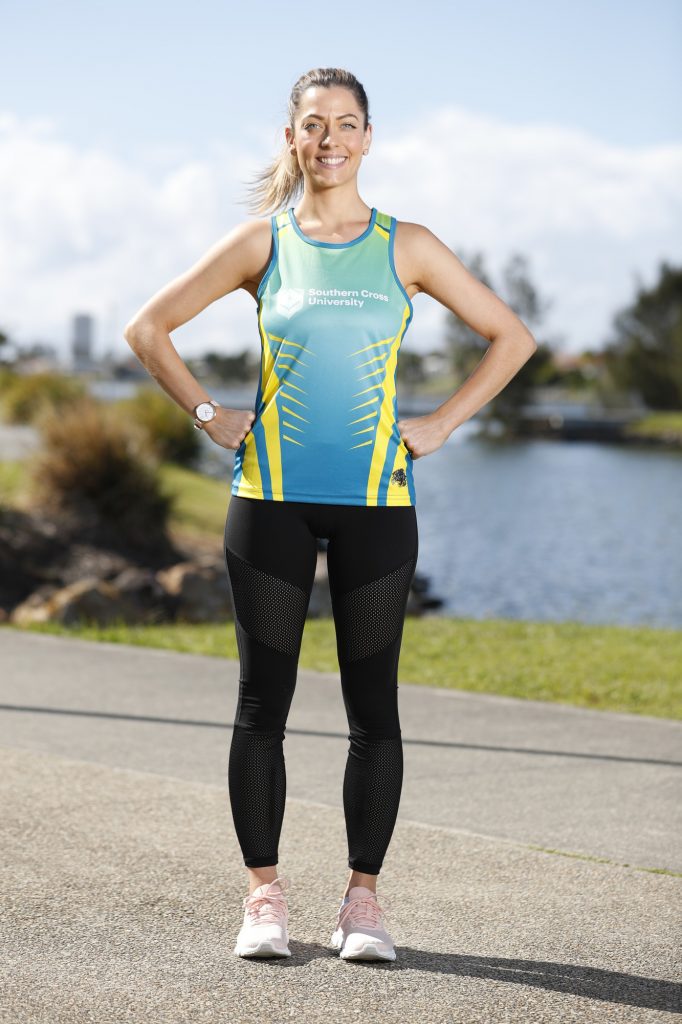
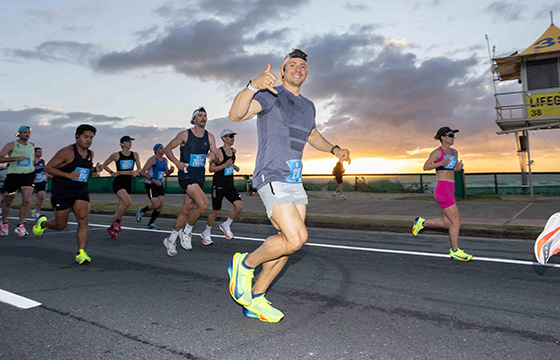
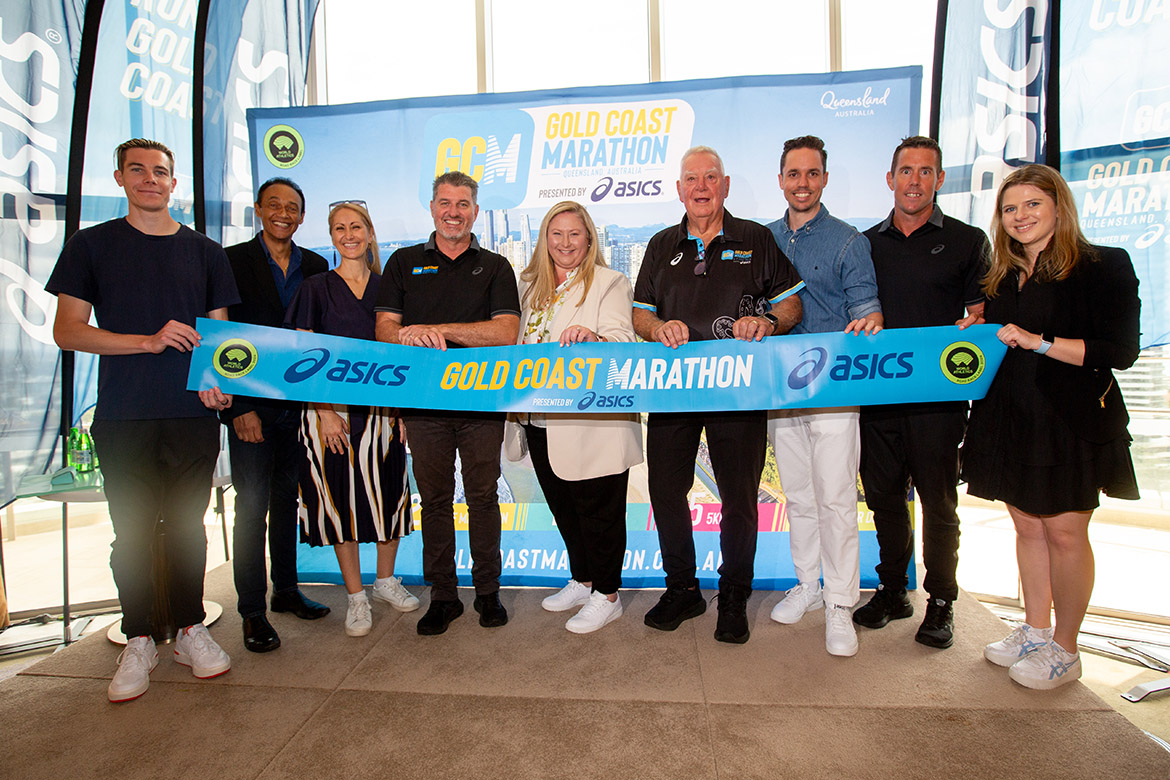
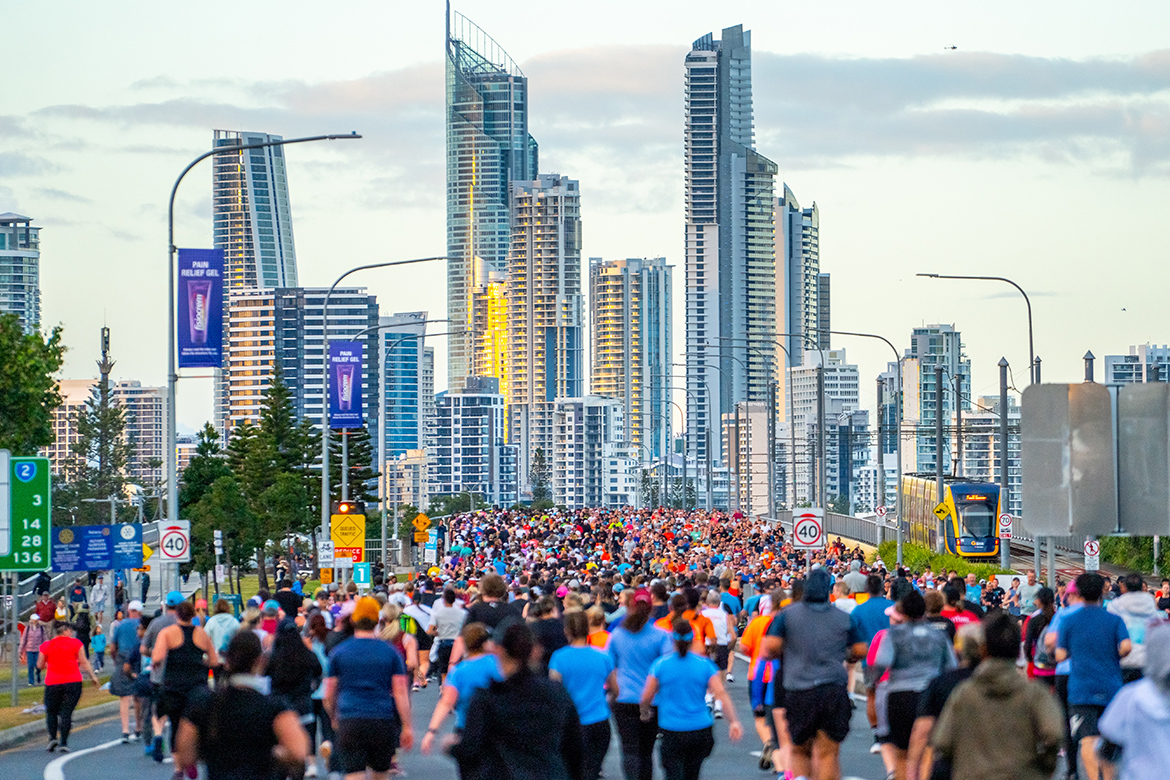
















RUNNERS. TAG YOUR PHOTOS WITH #GCM25